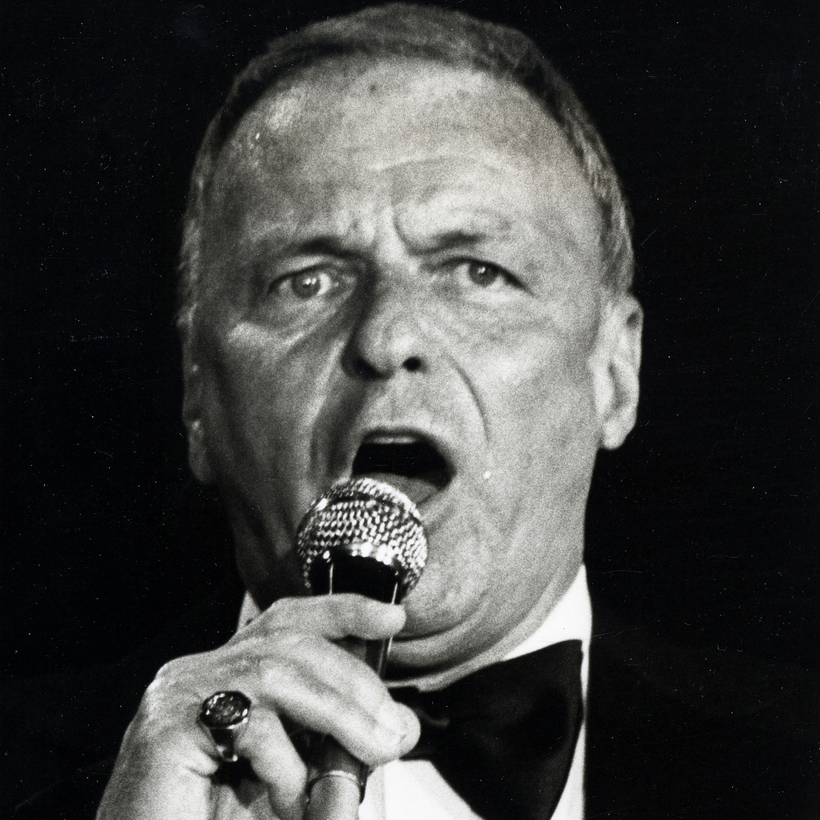I saw Frank Sinatra sing live but once, and not, alas, when he was in his prime. It was 1992, at the Desert Inn, in Las Vegas, when he was 76—two years before he quit performing regularly, six years before his death. His voice was froggy, his toupee silly. Even with a teleprompter in front of him—there was no effort made to hide it—he forgot lyrics to songs he’d been singing for decades. Perhaps in frustration, he took repeated potshots at his son, Frank Sinatra Jr., who was conducting the band, pointing out that he had been a nepotism hire. (We figured as much.)
All in all, it was a sour, dispiriting spectacle, and yet … the audience, most of whom looked to be more or less the same vintage as Sinatra, couldn’t have cared less. The connection between singer and fans was electric, even if the music wasn’t. In their smiles and applause as they recognized the opening notes of each new song, you sensed what Sinatra had meant to people who (unlike me, a latecomer) grew up with him, romanced to him, got old with him. They loved him regardless—maybe even that much more because of his obvious flaws and vulnerabilities.


